The Sci-Fi Trope Fans Love Too Much Isn’t Even Necessary
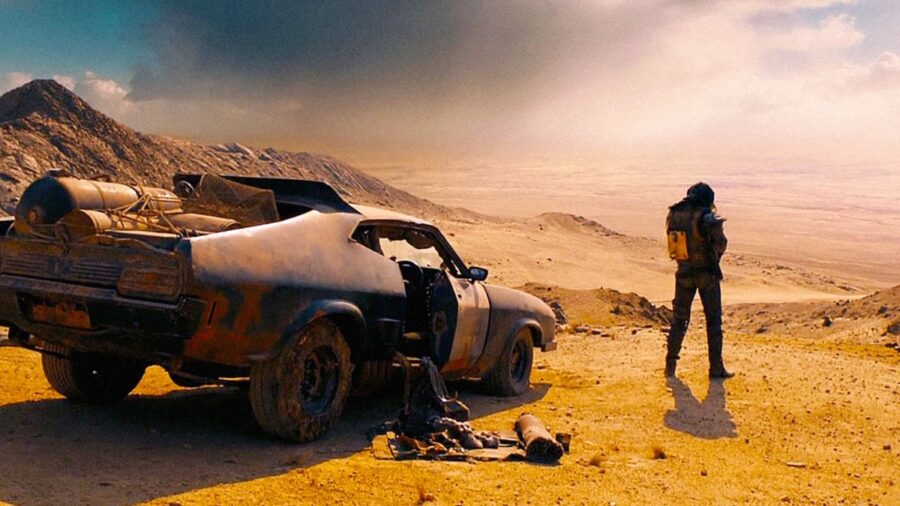
Worldbuilding is a lot like preparing dinner. Sometimes, you just want to walk into the grocery store and grab a ready-to-eat meal, like a rotisserie chicken and some sides from the hot bar. Sure, you can go to a farm, find a chicken, decapitate and pluck it, rinse it off, throw it into the oven, and wait a couple of hours. But you’re ultimately trying to arrive at the same conclusion (dinner) without wasting so much time by grabbing a chicken that’s already been prepared for you.
Don’t Need Much Worldbuilding
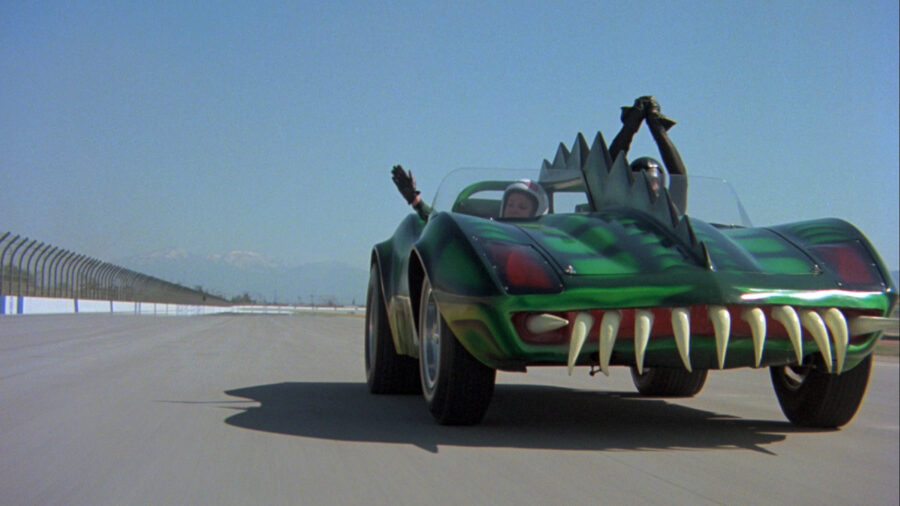
While a considerable amount of science-fiction and fantasy properties will lead you to believe that you need to understand a healthy amount of prologue in order to enjoy the final product, I don’t think it’s necessary.
In fact, I think it’s harmful because I, like many others, appreciate the product more than the process more often than not. If I had to execute a chicken every single time I wanted to eat chicken, I’d probably stop eating chicken because I have better things to do with my time but still want to be nourished.
John Wick, Running Man, And Others Get It Right
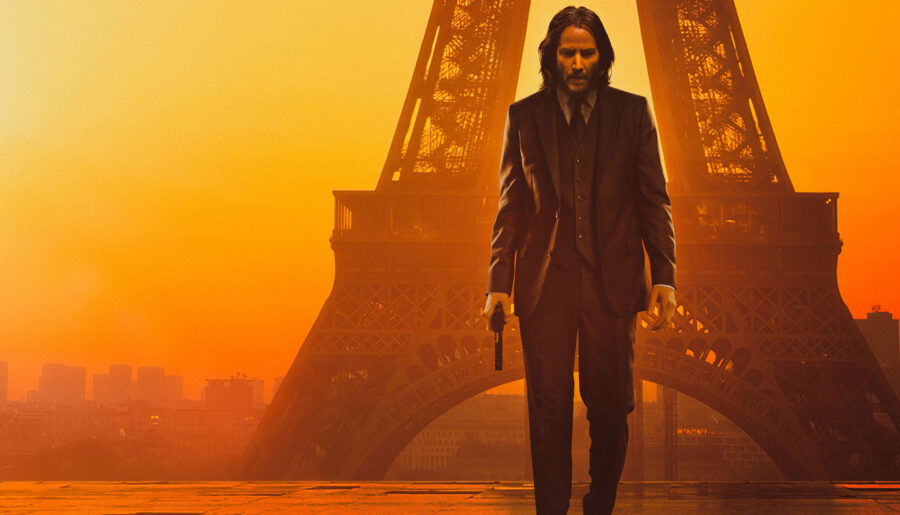
Poultry analogies aside, I feel like filmmakers spend way too much time on worldbuilding when they could just show us the world that they want us to experience first-hand. If movies like 1984, Demolition Man, The Running Man, or any of the Mad Max or John Wick films (among many others) have taught us anything, it’s that we can learn about how the world functions through each individual’s reactions to their settings and sources of conflict.
Maybe it’s the Lit major in me, but I want to be shown, not told, what’s at stake because it makes for better storytelling.
Demolition Man
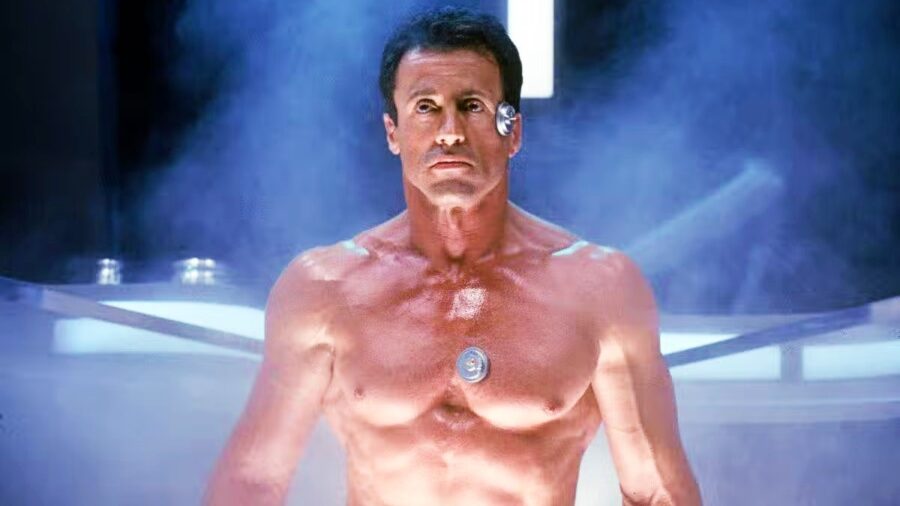
A perfect example of avoiding worldbuilding entirely and just getting into character development can be found in Demolition Man. When John Spartan (Sylvester Stallone) wakes up from his cryogenic rehabilitation in the year 2032, he immediately experiences culture shock because the year 2032 bears little resemblance to 1996 when he was initially frozen.
We could have gotten a granular rundown on 2032 San Angeles’ laws and practices, but instead Spartan repeatedly gets issued citations by swear-detecting robots because profanity is outlawed, and he’s violating “verbal morality standards.”
Explanations Within The Story
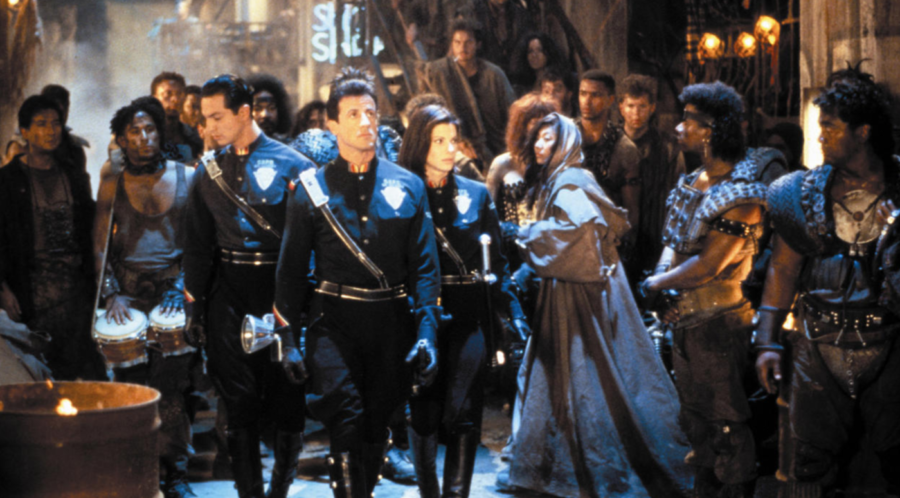
Worldbuilding isn’t necessary in this context because we’re learning about the world that has already been established through dialogue and visual storytelling.
In Demolition Man, we learn how Taco Bell is the only restaurant left in existence because of “The Franchise Wars” that took place while Spartan was still in a state of cryosleep.
Instead of spending time laying out how the future is different, we get to see how the future is different, and now there’s more room for character development, conflict, and humor because we’re not wasting run-time on details that will eventually reveal themselves.
Star Wars And Stranger Things
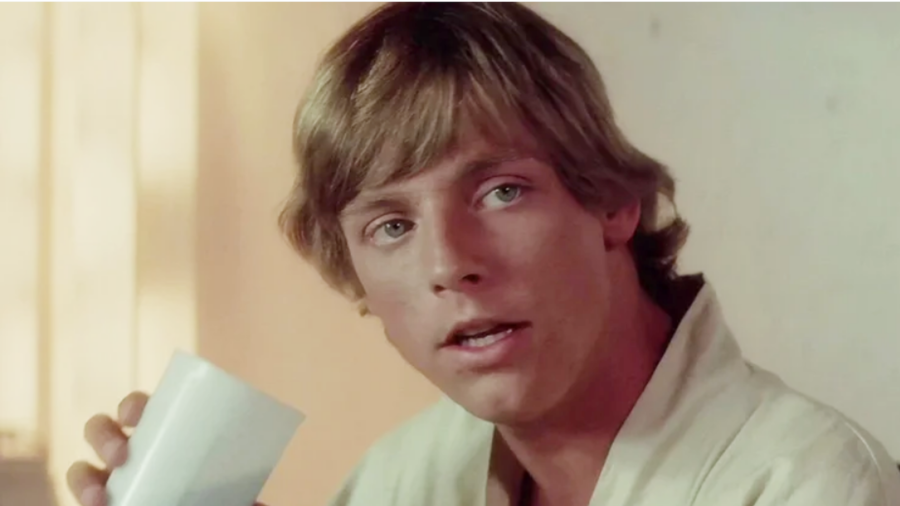
I’m not saying that worldbuilding is wholly unnecessary because I don’t know how the Dune or Star Wars franchises could survive without it.
By the same token, the original Star Wars films hit the ground running and took us on an adventure first, and then folded in the necessary exposition when it was necessary.
Even series like Stranger Things know the assignment because we’re first introduced to conflict that we don’t understand, and it’s up to the central characters to put the pieces together.
The entire Stranger Things saga kicks off with a missing child– not with an unnecessary amount of worldbuilding. Throughout its run-up to this point, the story continues to develop through strong characterization, which leads to unpacking the mysteries of the world that the Duffer Brothers have created.
A Time And Place
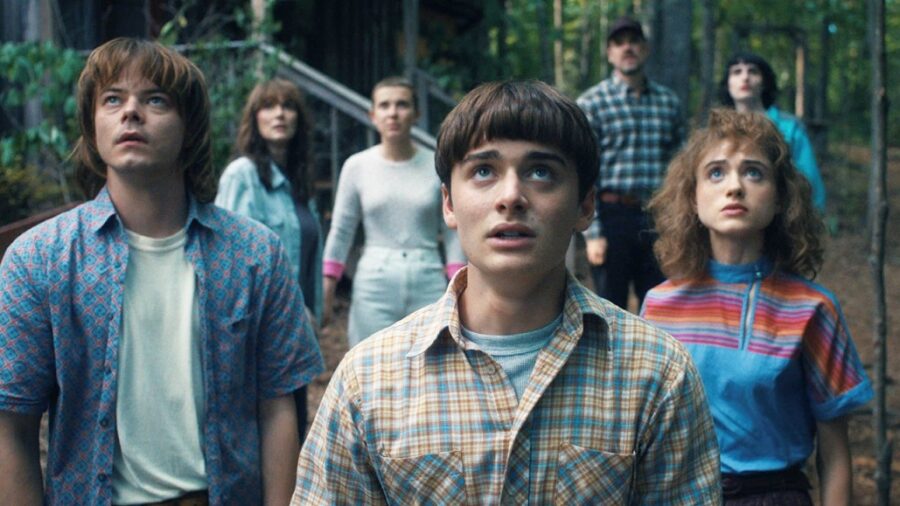
There is a time and place for worldbuilding, but I maintain that brevity is the soul of wit. I think audiences are smarter than filmmakers give them credit for.
Once a story is set in motion, worldbuilding isn’t necessary because the average viewer understands how to read between the lines and pick up on context clues without getting beaten over the head with how everything works. At the end of the day, the characters drive the story and tell us everything we need to know.












